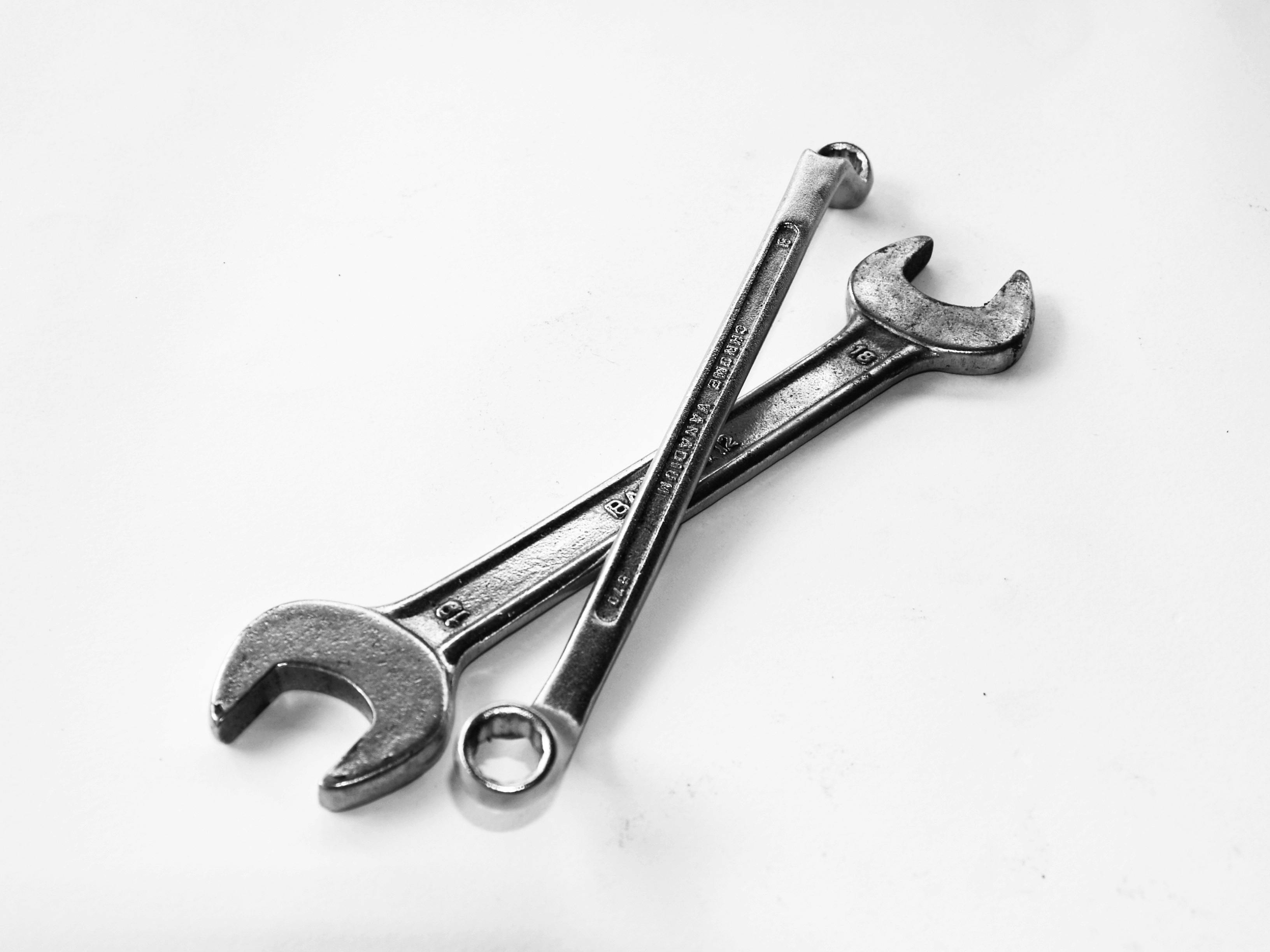- Published 24 Jan 2024
- Last Modified 24 Jan 2024
- 5 min
Mechanical Engineering in Malaysia: Tools and Technologies Leading the Way
Exploring mechanical engineering in Malaysia, from its evolution to the latest in precision engineering, fluid power, and sustainable practices.

The narrative of mechanical engineering in Malaysia is a compelling tale of progress, adaptation, and innovation. This dynamic field has evolved from its traditional roots, harnessing mechanical power for basic needs, to a sophisticated domain, integral to Malaysia’s thriving industrial sector. Today, mechanical engineering stands as a testament to the seamless integration of fundamental principles with state-of-the-art technology, catering to the diverse and evolving demands of the modern industrial world.
As Malaysia's industrial sector burgeoned, mechanical engineering progressed, adopting new technologies and methodologies. This transition was instrumental in enhancing the efficiency, precision, and productivity of various industries, thus playing a pivotal role in the nation's economic growth. The field has now moved beyond just machinery and structures; it's a blend of innovation, precision engineering, and sustainable practices, mirroring the country's commitment to technological advancement.

The Rise of Precision Engineering
In recent times, Malaysia has seen a significant surge in the demand for precision engineering. This shift is most evident in industries where meticulous accuracy is critical, such as aerospace, automotive, and electronics manufacturing. The focus on precision mechanical engineering is twofold – emphasising measurement accuracy and employing precision manufacturing tools.
Measurement accuracy is now more crucial than ever. Tools like digital calipers and micrometers are no longer optional but rather essential components in any engineer's contemporary toolkit. These instruments provide the high level of accuracy required in modern manufacturing processes, ensuring that every component meets exact specifications.
The revolution in manufacturing brought about by Computer Numerical Control (CNC) machines is another aspect of this precision-oriented approach. CNC technology has changed the landscape of manufacturing, offering unprecedented levels of accuracy in cutting, drilling, and shaping materials, thus enabling the production of components with extremely tight tolerances.
Fluid Power: The Unseen Force in Modern Engineering
Fluid power systems, encompassing pneumatics and hydraulics, have become the backbone of modern mechanical engineering. These systems leverage the power of fluids and gases to operate and control machinery, playing an essential role in a myriad of industrial applications.
Pneumatics, utilising compressed air, have become a staple in automation, driving assembly lines and robotic systems with clean, efficient, and adaptable power. Their application ranges from small handheld tools to large-scale industrial operations, showcasing their versatility and indispensability in mechanical engineering.
Hydraulics, employing pressurised liquids, are essential in heavy-duty applications. They provide the necessary power in construction, mining, and manufacturing machinery. The continuous improvement of hydraulic components such as pumps, valves, and cylinders ensure these systems remain efficient and reliable, meeting the demands of strenuous industrial tasks.
Incorporating Sustainable Practices in Mechanical Design
The growing focus on sustainability in Malaysia is also reshaping mechanical engineering. Engineers are increasingly tasked with creating systems that are not only efficient and effective but also environmentally responsible and sustainable.
The first step towards sustainable mechanical engineering involves the adoption of eco-friendly materials and processes. This approach includes using recyclable materials, designing for energy efficiency, and minimising waste during the manufacturing process.
Moreover, the integration of renewable energy sources into mechanical systems marks a significant stride towards sustainability. Utilising wind, hydroelectric, and solar power reduces reliance on fossil fuels, decreases the carbon footprint of mechanical systems, and ensures their long-term sustainability. Automation and control gear can also help reduce overall energy consumption levels.
Embracing the Future with RS

Mechanical engineering in Malaysia is on a path of exciting development, marked by technological innovation, precision, and a commitment to sustainability. This evolution is not just about meeting today's needs; it's about shaping a sustainable future as well. As the industry progresses, RS stands as a pivotal partner, with a diverse range of tools and technologies supporting the mechanical engineering sector. From hand tools, electric power tools, hydraulic pressure control valves, and mechanical power transmission equipment, our offerings are designed to meet the needs of everyday modern engineering.